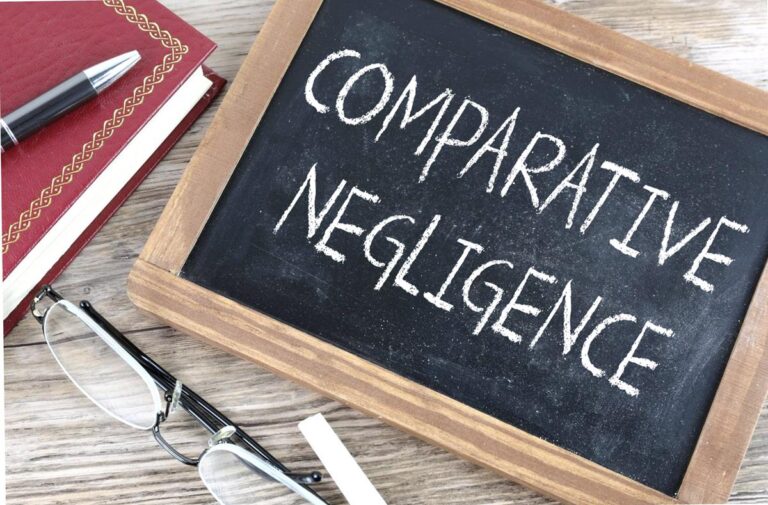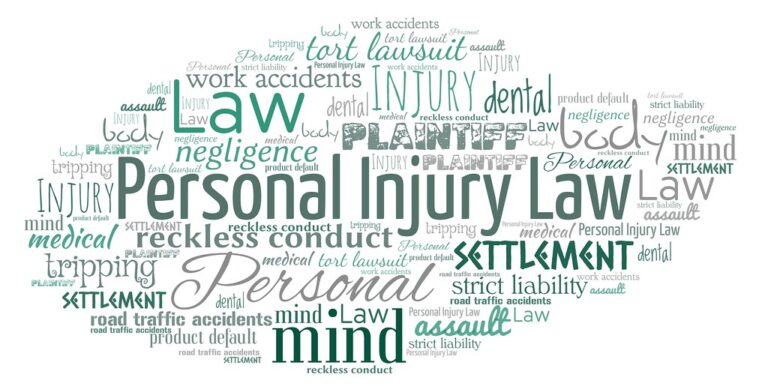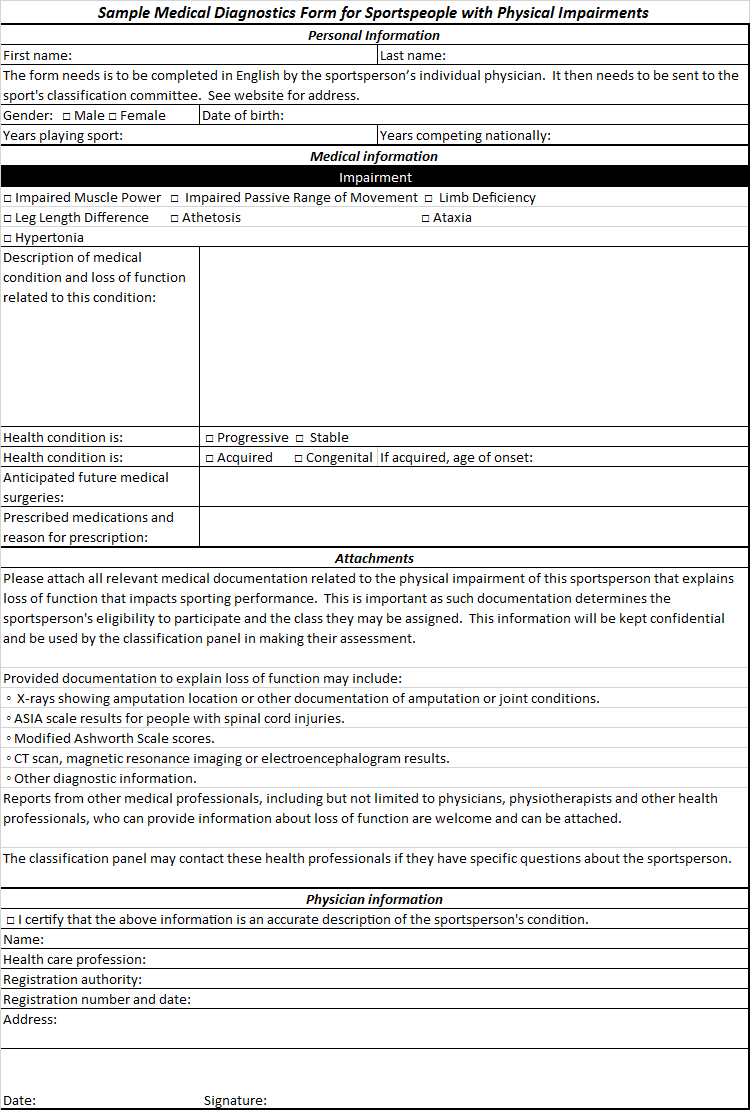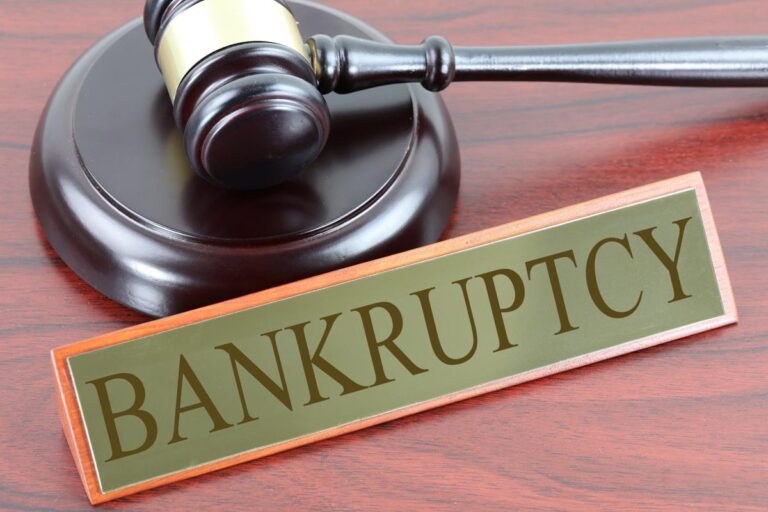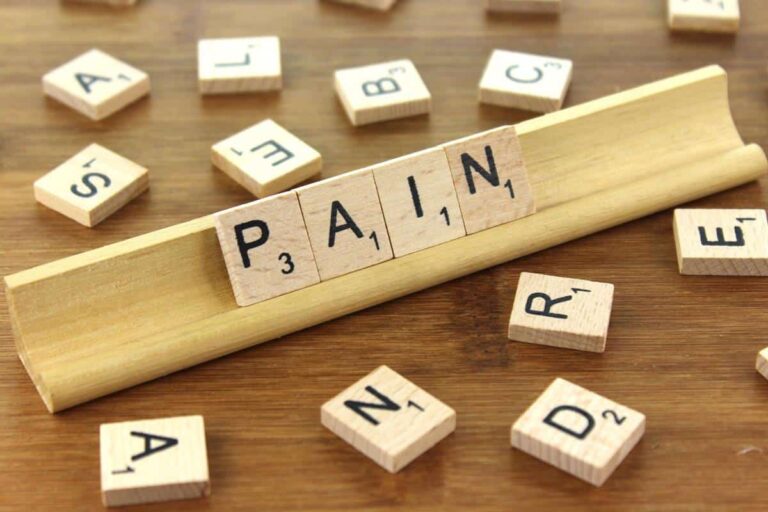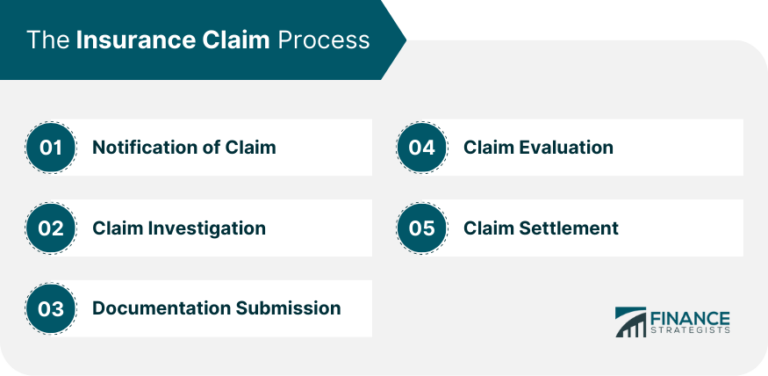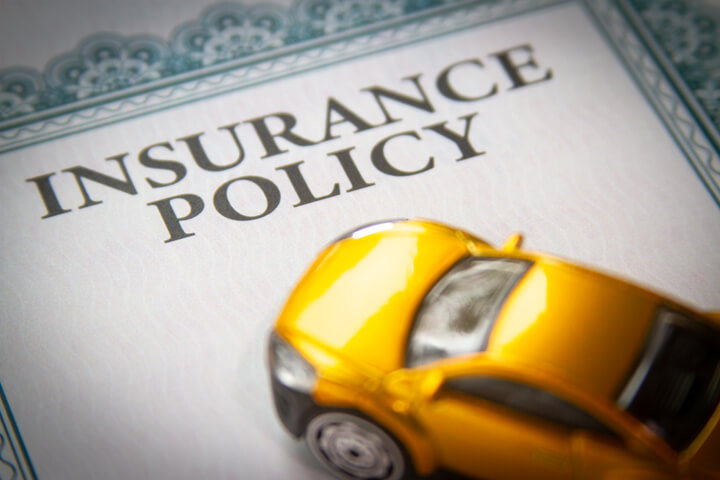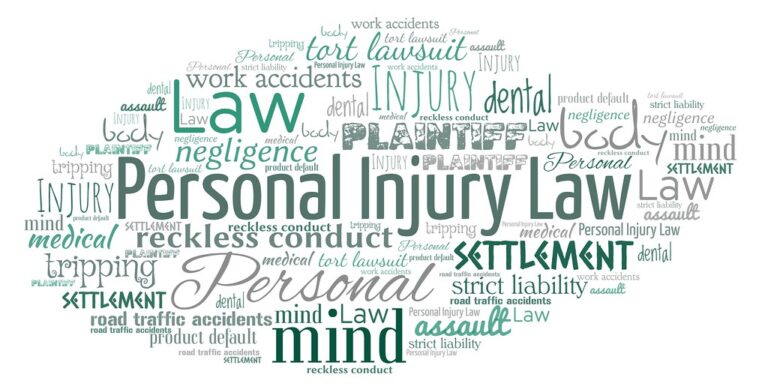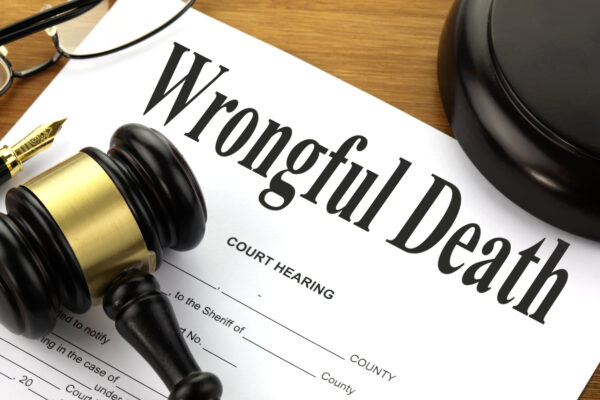Introduction
Definition of comparative negligence
Comparative negligence is a legal concept that is often used in personal injury claims to determine the degree of fault of each party involved in an accident. It is based on the idea that more than one party can be responsible for an accident and that their liability should be proportionate to their degree of fault. In other words, if both parties are found to be partially at fault, the damages awarded to the injured party will be reduced based on their percentage of fault. This concept aims to ensure that each party bears a fair share of the responsibility for the accident, taking into account their actions or omissions that contributed to the incident.
Importance of comparative negligence in personal injury claims
The importance of comparative negligence in personal injury claims cannot be overstated. This legal principle plays a crucial role in determining the amount of compensation that an injured party can receive. Comparative negligence allows for a fair and balanced assessment of fault in cases where both the plaintiff and the defendant share some degree of responsibility for the accident or injury. By considering the actions and negligence of all parties involved, comparative negligence ensures that the final compensation award accurately reflects the proportionate responsibility of each party. This not only promotes fairness and justice but also encourages individuals to take personal responsibility for their actions and exercise caution to prevent accidents. Overall, understanding and applying the concept of comparative negligence is essential in navigating personal injury claims and ensuring a just outcome for all parties involved.
Overview of how comparative negligence affects personal injury claims
Comparative negligence is a legal concept that plays a significant role in personal injury claims. It refers to the idea that multiple parties can be held responsible for an accident or injury, and their degree of fault will determine the amount of compensation they are entitled to receive. In cases where comparative negligence is applicable, the court will evaluate the actions of all parties involved and assign a percentage of fault to each. This means that even if the injured party is partially responsible for their own injuries, they may still be able to recover damages. However, the amount of compensation awarded will be reduced in proportion to their level of fault. Understanding how comparative negligence works is crucial when pursuing a personal injury claim, as it can greatly impact the outcome and potential compensation.
Elements of Comparative Negligence

Duty of care
The duty of care is a fundamental concept in personal injury claims. It refers to the legal obligation that individuals have to act in a way that does not cause harm or injury to others. In the context of comparative negligence, the duty of care becomes particularly important. Under the principle of comparative negligence, the court will assess the degree of fault of each party involved in an accident or incident. If it is determined that the injured party also had a certain level of responsibility for the incident, their compensation may be reduced proportionally. Therefore, establishing the duty of care is crucial in determining the extent to which a person may be held liable for the injuries suffered by another party.
Breach of duty
In personal injury claims, one important aspect to consider is the concept of breach of duty. This refers to the legal obligation that individuals or entities have to exercise reasonable care to prevent harm to others. When a breach of duty occurs, it means that the responsible party failed to meet this obligation, either through negligence or intentional misconduct. In the context of comparative negligence, breach of duty becomes a crucial factor in determining liability and the amount of compensation a plaintiff may receive. If it is determined that the plaintiff also contributed to the accident or injury, their compensation may be reduced proportionally to their degree of fault. Therefore, establishing a clear breach of duty is essential in personal injury claims to prove the negligence of the defendant and maximize the potential compensation for the plaintiff.
Causation
Causation is a crucial element in personal injury claims as it determines whether the defendant’s actions directly caused the plaintiff’s injuries. In cases involving comparative negligence, the concept of causation becomes even more significant. Comparative negligence refers to the idea that both the plaintiff and the defendant may share some degree of fault for the accident or injury. Therefore, in order to establish causation in a comparative negligence case, it is necessary to determine the extent to which each party’s actions contributed to the harm suffered by the plaintiff. This can be a complex process that involves analyzing the evidence, witness testimonies, and expert opinions to determine the proportionate responsibility of each party. Ultimately, the outcome of a personal injury claim in a comparative negligence jurisdiction will depend on how the court assigns fault and apportions damages based on the degree of fault attributed to each party.
Determining Comparative Negligence

Contributory negligence
Contributory negligence is a legal concept that can have a significant impact on personal injury claims. In states that follow the contributory negligence rule, if the injured party is found to have contributed in any way to their own injury, they may be barred from recovering any compensation. This means that even if the other party was mostly at fault, the injured party’s own negligence can completely prevent them from receiving any damages. Contributory negligence places a heavy burden on the injured party to prove that they were not at fault or that their negligence was minimal compared to the other party’s. It is important for individuals involved in personal injury claims to understand the implications of contributory negligence and seek legal advice to navigate through the complexities of the legal system.
Comparative fault
Comparative fault, also known as comparative negligence, is a legal doctrine that determines the degree of responsibility each party holds for an accident or injury. In personal injury claims, comparative fault comes into play when both the plaintiff and the defendant are found to have contributed to the incident. The concept of comparative fault recognizes that multiple parties can be at fault to varying degrees, and it aims to allocate damages based on the proportion of fault assigned to each party. This means that even if the plaintiff is partially responsible for their own injury, they may still be entitled to recover damages from the defendant, although the amount awarded may be reduced based on their level of fault. Comparative fault is an important consideration in personal injury cases as it can significantly impact the amount of compensation a plaintiff may receive.
Percentage of fault
In personal injury claims, the concept of comparative negligence plays a crucial role in determining the percentage of fault each party bears for the accident or incident. When it comes to assessing liability, the court or insurance adjuster will consider the actions and behavior of all parties involved. The percentage of fault assigned to each party will directly impact the amount of compensation they are eligible to receive. For example, if an injured party is found to be 20% at fault for the accident, their compensation may be reduced by that same percentage. Understanding the percentage of fault is essential for both plaintiffs and defendants in personal injury claims, as it can greatly impact the outcome of the case and the amount of damages awarded.
Impact of Comparative Negligence on Damages

Reduction of damages
In personal injury claims, the concept of comparative negligence plays a significant role in determining the amount of damages awarded to the injured party. One aspect of comparative negligence is the reduction of damages. When the injured party is found to be partially responsible for the accident or their own injuries, the total damages awarded may be reduced proportionally. This reduction is based on the degree of fault assigned to the injured party. For example, if the injured party is deemed to be 30% at fault, their total damages will be reduced by 30%. The reduction of damages ensures that the injured party is held accountable for their share of the responsibility, while still receiving compensation for the portion of the accident that was not their fault. It is important to understand the implications of comparative negligence and the potential impact it can have on personal injury claims.
Proportional liability
Proportional liability is a legal concept that plays a significant role in personal injury claims. It refers to the idea that each party involved in an accident or incident should be held responsible for their proportionate share of fault or negligence. This means that if multiple parties are found to be at fault, their liability will be determined based on the percentage of fault assigned to them. Proportional liability aims to ensure fairness and prevent one party from bearing the entire burden of compensation. It allows for a more balanced and equitable distribution of liability, taking into account the degree of fault of each party involved.
Effect on settlement negotiations
Comparative negligence plays a significant role in settlement negotiations for personal injury claims. This legal principle, also known as shared fault, determines the extent to which each party involved in an accident is responsible for the damages. When comparative negligence is applied, the amount of compensation a plaintiff can receive may be reduced based on their percentage of fault. This can have a profound impact on settlement negotiations as both parties strive to reach a fair and equitable agreement. The defendant’s insurance company may argue for a lower settlement amount by highlighting the plaintiff’s level of responsibility in causing the accident. Conversely, the plaintiff’s legal team will emphasize the defendant’s negligence and attempt to maximize the compensation. The process of negotiating a settlement in cases involving comparative negligence requires careful evaluation of the evidence, persuasive arguments, and a thorough understanding of the applicable laws. Ultimately, the effect of comparative negligence on settlement negotiations can greatly influence the outcome and final resolution of a personal injury claim.
Case Examples

Case 1: Car accident with shared fault
In Case 1, we examine a car accident where both parties share fault. Comparative negligence comes into play when determining the compensation for personal injury claims in such cases. Under comparative negligence, the damages awarded to the injured party are reduced in proportion to their degree of fault. For example, if it is determined that the injured party is 20% at fault for the accident, their compensation will be reduced by 20%. This approach ensures that each party is held accountable for their actions and that the injured party receives a fair amount of compensation based on their level of responsibility.
Case 2: Slip and fall with contributory negligence
In Case 2, we examine a slip and fall accident where contributory negligence plays a role in determining liability. Contributory negligence refers to the situation where the injured party is partially responsible for their own injuries. In this case, the plaintiff slipped and fell on a wet floor in a grocery store. However, it was discovered that the plaintiff was not wearing appropriate footwear at the time of the accident, which contributed to their injuries. As a result, the court found the plaintiff to be partially responsible for their own injuries and reduced their compensation accordingly. This case highlights the importance of taking reasonable precautions and ensuring personal responsibility to minimize the impact of contributory negligence in personal injury claims.
Case 3: Medical malpractice with comparative fault
In Case 3, we will explore the scenario of medical malpractice cases involving comparative fault. Comparative negligence is a legal principle that determines the degree of fault assigned to each party involved in an accident or incident. In medical malpractice cases, this principle comes into play when the patient’s own actions or decisions contribute to their injury or harm. For example, if a patient fails to disclose relevant medical history or does not follow the prescribed treatment plan, their negligence may be considered in determining the outcome of the case. Understanding how comparative negligence affects personal injury claims in medical malpractice cases is crucial for both the plaintiffs and defendants involved.
Conclusion

Summary of key points
In summary, comparative negligence is a legal concept that affects personal injury claims. It is based on the idea that the injured party may have contributed to their own injuries to some degree. Under comparative negligence, the amount of compensation awarded to the injured party is reduced in proportion to their level of fault. This means that if a person is found to be 50% at fault for their injuries, they will only receive 50% of the total compensation. Comparative negligence laws vary by jurisdiction, with some states following a pure comparative negligence system, while others follow a modified system. It is important for individuals involved in personal injury claims to understand the concept of comparative negligence and how it may impact their case.
Importance of understanding comparative negligence
Understanding comparative negligence is crucial when it comes to personal injury claims. This legal concept plays a significant role in determining the amount of compensation a plaintiff can receive. Comparative negligence refers to the degree of fault assigned to each party involved in an accident or incident. In some cases, the injured party may be partially responsible for their own injuries, which can affect the overall compensation they are entitled to. By understanding comparative negligence, individuals can better navigate the legal process and make informed decisions regarding their personal injury claims. It is important to consult with an experienced personal injury attorney who can provide guidance and advocate for the injured party’s rights in cases involving comparative negligence.
Final thoughts on personal injury claims
In conclusion, understanding how comparative negligence affects personal injury claims is crucial for both plaintiffs and defendants. It is important for plaintiffs to gather evidence and build a strong case to prove the negligence of the other party. On the other hand, defendants should be aware of the potential impact of comparative negligence on their liability and work with their legal team to present a strong defense. Ultimately, the outcome of a personal injury claim can be significantly influenced by the application of comparative negligence, making it essential for all parties involved to have a clear understanding of its implications.
